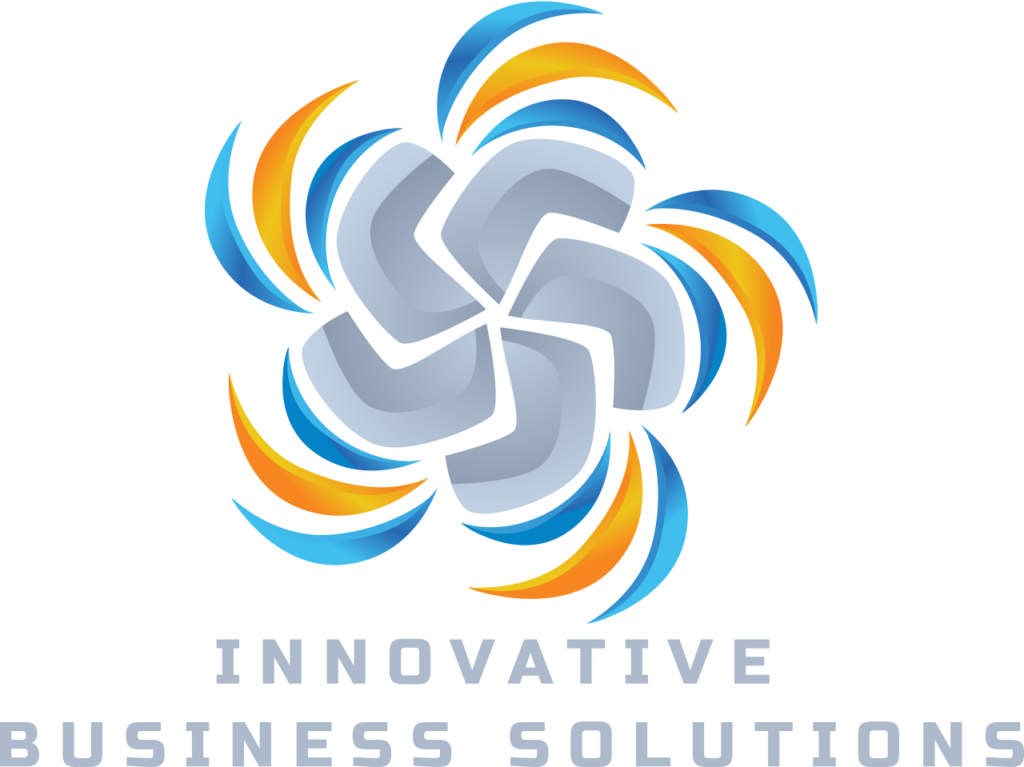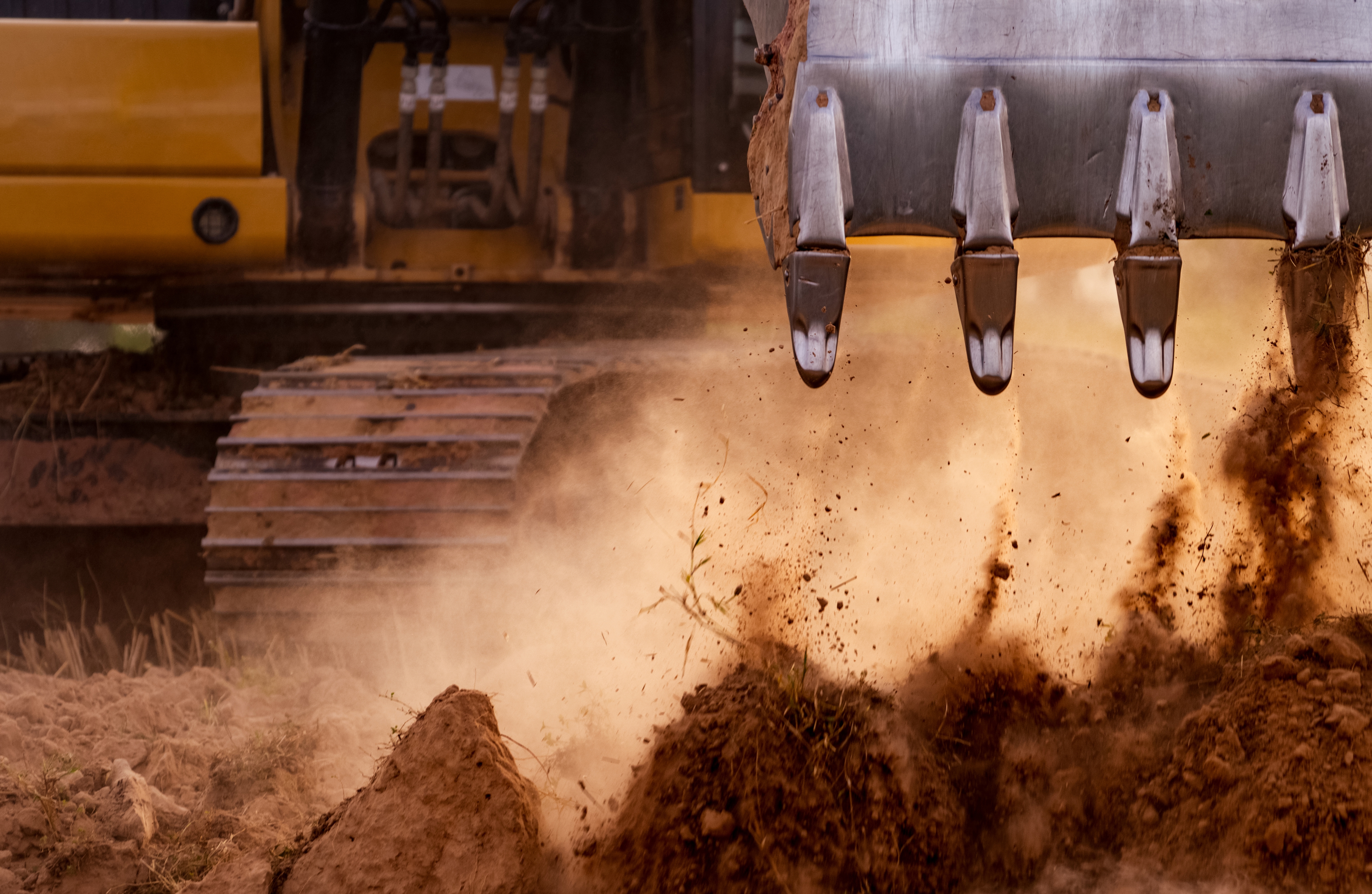Decoding Credit Scores: What You Need to Know
Heavy equipment is the lifeblood of many industries, but acquiring it can be a significant financial challenge for businesses. That’s where heavy equipment financing comes in, offering the funds needed to purchase or upgrade vital machinery. One of the critical factors that lenders consider when evaluating financing applications is the borrower’s credit score. In this blog, we’ll delve into the importance of credit scores in heavy equipment financing and how they impact the borrowing process.
What Is a Credit Score?
A credit score is a numerical representation of an individual’s or business’s creditworthiness. It is calculated based on various factors, including credit history, payment history, outstanding debt, credit utilization, and the length of credit history. In the context of heavy equipment financing, a good credit score is a strong indicator to lenders that the borrower is likely to repay the loan as agreed.
Here are some key components of credit scores:
- Credit History:
- A significant portion of a credit score is based on an individual’s or business’s credit history. This includes information about your past borrowing and repayment behavior, such as credit cards, loans, mortgages, and other credit accounts.
- Lenders report your credit activity to credit bureaus, which compile this data into credit reports. The information in your credit report forms the basis for calculating your credit score.
- Payment History:
- Payment history is one of the most critical factors in determining a credit score. It reflects whether you have paid your bills on time and includes any late payments, missed payments, or defaults.
- Consistently making on-time payments positively impacts your credit score, while late payments can have a negative effect.
- Credit Utilization:
- Credit utilization refers to the percentage of your available credit that you are currently using. It is a significant factor in credit score calculations.
- To maintain a good credit score, it’s advisable to keep your credit utilization ratio low. High credit card balances relative to your credit limits can negatively impact your score.
- Length of Credit History:
- The length of your credit history is another important factor. Lenders prefer borrowers with a longer credit history because it provides more data for assessing creditworthiness.
- If you’re new to credit or have a relatively short credit history, your credit score may be lower compared to someone with a longer and more established credit history.
- Types of Credit:
- The mix of credit accounts you have can also influence your credit score. A diverse mix of credit types, such as credit cards, installment loans, and mortgages, can positively impact your score.
- However, it’s essential to manage these accounts responsibly and avoid opening too many new accounts in a short period.
- New Credit Inquiries:
- Each time you apply for credit, a hard inquiry is made on your credit report. Multiple inquiries within a short time frame can indicate higher credit risk and potentially lower your credit score.
- Be cautious about applying for credit excessively, as it can negatively impact your credit score.
The Role of Credit Scores in Heavy Equipment Financing:
- Lender Risk Assessment:
Credit scores play a pivotal role in helping lenders assess the risk associated with lending money to a borrower. Lenders use credit scores as a quick and objective way to gauge the likelihood of repayment. A higher credit score indicates a lower risk, while a lower score suggests a higher risk.
- Loan Approval:
A strong credit score can significantly increase your chances of getting approved for heavy equipment financing. Lenders are more likely to approve applications from borrowers with good to excellent credit scores because they are perceived as less risky.
- Interest Rates:
Credit scores also influence the interest rates you’ll be offered. Borrowers with high credit scores typically qualify for lower interest rates, resulting in lower overall borrowing costs. On the other hand, borrowers with lower credit scores may face higher interest rates to compensate for the increased risk.
- Loan Terms:
Lenders may offer more favorable loan terms, such as longer repayment periods or lower down payments, to borrowers with strong credit scores. These terms can make the financing more affordable and manageable for the borrower.
- Loan Amount:
Your credit score can impact the maximum loan amount you qualify for. A higher credit score may allow you to secure a larger loan, providing you with the necessary funds to purchase the heavy equipment you need.
- Negotiation Power:
A good credit score can also give you more negotiation power when discussing loan terms with lenders. You may be able to leverage your creditworthiness to secure better conditions, such as lower interest rates or reduced fees.
Improving Your Credit Score for Heavy Equipment Financing:
If your credit score is not where you’d like it to be, there are steps you can take to improve it:
- Pay bills on time to establish a positive payment history.
- Reduce outstanding debts and maintain a low credit utilization ratio.
- Avoid opening multiple new credit accounts in a short period.
- Check your credit report regularly for errors and dispute any inaccuracies.
In the world of heavy equipment financing, credit scores play a critical role in determining eligibility, interest rates, loan terms, and overall borrowing costs. Businesses with strong credit scores are more likely to secure favorable financing deals, making it easier to acquire the equipment they need to thrive. It’s essential for businesses to monitor and manage their credit scores to ensure they have access to the best financing options available.
How Our Equipment Financing Leasing Can Help
Equipment Financing Leasing can play a pivotal role in transforming and enhancing various aspects of your industrial operations. Whether you’re a well-established manufacturing facility or a budding startup, the solutions provided by Equipment Financing Leasing are designed to streamline processes, increase efficiency, and boost overall productivity.
By leveraging cutting-edge technology, automation, and data-driven insights, Equipment Financing Leasing can help you achieve the following:
- Improved Efficiency: Our solutions can optimize your production processes, reduce downtime, and minimize wastage, ultimately leading to significant cost savings.
- Enhanced Safety: With advanced monitoring and safety features, our company ensures a secure working environment for your employees and helps prevent accidents.
- Data-Driven Decision-Making: Dustri’s data analytics tools provide valuable insights into your operations, allowing you to make informed decisions that drive growth and innovation.
- Sustainability: Equipment Financing Leasing are committed to sustainable practices, helping your business minimize its environmental footprint and adhere to regulatory standards.
- Scalability: Whether you’re looking to expand your operations or adapt to changing market demands, Dustri’s solutions can be scaled to meet your evolving needs.
In a fast-paced and competitive industrial landscape, embracing Equipment Financing Leasing’s innovative solutions can set you apart from the competition. By optimizing your operations, improving safety, and fostering a culture of sustainability, our company empowers your business to thrive in the 21st century industrial ecosystem. So, take the leap towards a more efficient and sustainable future with Equipment Financing Leasing as your trusted partner.


